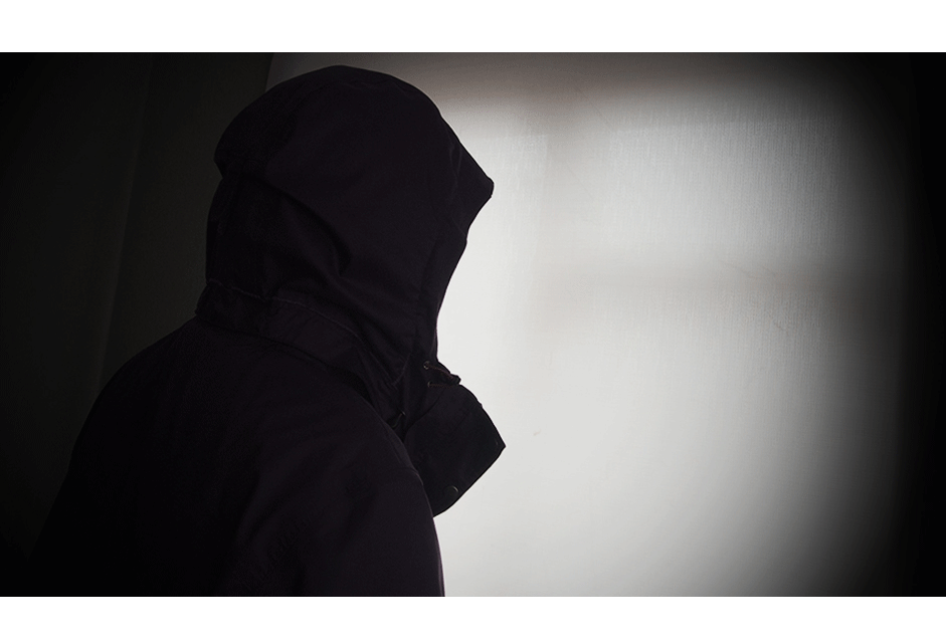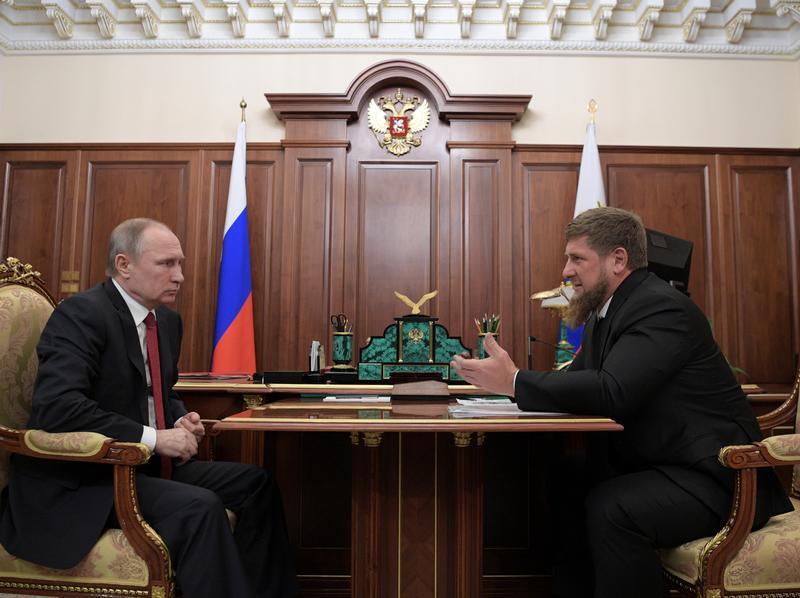(New York) – Police in Chechnya rounded up, beat, and humiliated dozens of gay or bisexual men in an apparent effort to purge them from Chechen society, Human Rights Watch confirmed in a new report today. Russian federal authorities should ensure their investigation into these egregious human rights violations is effective and capable of holding the Chechen authorities to account. Foreign governments should provide safe sanctuary to the victims, who remain in immediate danger of physical harm as long as they remain in Russia.
“Men subjected to these gay purges have endured a gruesome ordeal in Chechnya,” said Graeme Reid, director of the lesbian, gay, bisexual and transgender rights program at Human Rights Watch. “The Kremlin has a duty to bring to justice those responsible for the violence and protect all people in Russia, regardless of their sexual orientation.”
The 42-page report, “‘They Have Long Arms and They Can Find Me’: Anti-Gay Purge by Local Authorities in Russia’s Chechen Republic,” is based on first-hand interviews with victims of the campaign against gay men that Chechnya’s law enforcement and security officials conducted in spring, 2017.
Starting the last week of February and continuing until at least the first week of April, police rounded up men they suspected of being gay, held them in secret locations for days or even weeks, and tortured, humiliated, and starved them, forcing them to hand over information about other men who might be gay. They returned most of the men to their families, exposing their sexual orientation and indirectly encouraging their relatives to carry out “honor killings.” Those who have escaped Chechnya remain in danger elsewhere in Russia, with threats continuing against them.
Russian federal authorities initially dismissed reports about the violence. Following growing international pressure, several federal agencies launched inquiries, and President Vladimir Putin made a pledge to speak with the prosecutor general and interior minister about the reports. Chechnya’s leadership said it was ready to cooperate with federal inquiries, but also vehemently denied the very existence of gay people in Chechnya and repeatedly berated and threatened journalists and human rights defenders for raising the issue.
Novaya Gazeta, a prominent independent Russian newspaper, first reported the anti-gay purges, and Russia’s LGBT Network, an independent Russian group that supports lesbian, gay, bisexual, and transgender people, has provided emergency support to the victims.
Several men allegedly died following their ordeal. As of late May, no new abductions have been reported but several of the men targeted apparently remain in detention.
Police in Chechnya held the men in secret detention in several locations where they hold other people in unofficial custody, including suspected insurgent collaborators and suspected drug users. Police beat all detainees viciously and repeatedly electrocuted them. The captors also encouraged and sometimes forced other detainees to beat and humiliate the men presumed to be gay.
Chechen authorities, including two high-level officials, paid visits to the unofficial detention facilities, berated the suspected gay detainees, and watched the guards abuse them.
For the past decade, Chechen leader Ramzan Kadyrov has, with the Kremlin’s tacit blessing, built his rule on brutal repression, Human Rights Watch said. Law enforcement and security agencies under Kadyrov’s de facto control have abducted people from homes, work places, and the streets, held them in secret locations, and carried out enforced disappearances, torture, extrajudicial executions, and collective punishment practices. For years, their targets were alleged armed insurgents and their suspected collaborators, but over time, police and security forces used these methods against local dissenters, independent journalists, Salafi Muslims, people who use drugs, and other people the Chechen leadership deems “undesirable.”
“We have never seen Chechen officials rounding up gay men to be held and tortured,” said Rachel Denber, deputy director for Europe and Central Asia at Human Rights Watch. “But local security officials have been using the same violent, unlawful tactics for years with impunity to cleanse Chechnya of so-called ‘undesirables’.”
Many of the men released have fled Chechnya, but while they remain in Russia they face the double risk of being hunted down and harmed by Chechen security forces and by their own relatives.
Chechnya is a highly conservative majority-Muslim society and homosexuality is generally viewed as severely tainting family honor – an attitude fueled by high-level Chechen officials who have publicly condoned honor killings of gay and bisexual men.
As “Magomed,” one of the purge victims, told Human Rights Watch, “They have long arms and they can find me and the others anywhere in Russia, just give them time.”
While Russian federal officials have pledged to investigate the anti-gay purge allegations, they have repeatedly pointed to the lack of victim complaints to suggest the allegations are merely rumors. However, Human Rights Watch noted that Chechnya’s authorities are known to ruthlessly retaliate against local residents who dare to protest against abuses.
In recent years, Human Rights Watch has documented numerous cases of local Chechen officials retaliating against relatives of individuals who fled the region and then attempted to seek justice for the abuses they had suffered.
“The men who survived Chechnya’s gay purge ordeal are caught between two fires: their well-grounded fears of official retaliation, and fear of violence from their own families,” Reid said. “Russian officials need to address the victims’ extreme vulnerability and their legitimate fears about coming forward to complain.”
Russia’s federal investigation should be thorough and capable of bringing the perpetrators to account. Authorities should go to special lengths to protect victims, witnesses, and their immediate families, Human Rights Watch said. Human Rights Watch also called on foreign governments to maintain pressure on Moscow, including through regular inquiry about the investigation’s progress, and to provide prompt, safe sanctuary to victims of the purge seeking refuge in safe countries.










